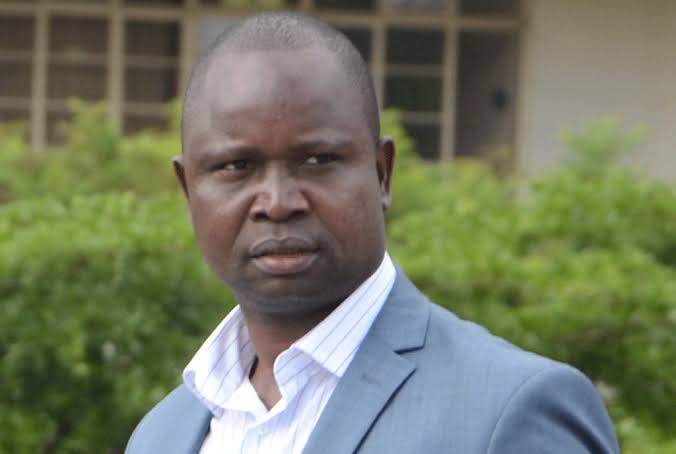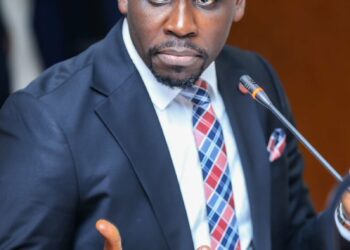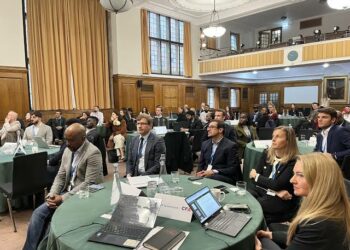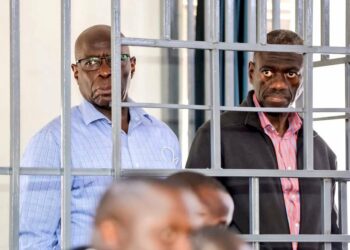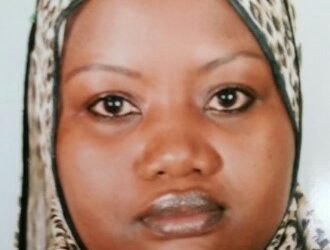Parliament’s upcoming regional plenary sittings, set to take place at Kaunda Grounds in Gulu City from August 28th to 30th, have sparked debate over the associated costs and benefits.
The initiative, announced by the Rt. Hon. Speaker Anita Among during the State of the Nation address on June 6, 2024, is intended to bring Parliament closer to the people by focusing on region-specific issues. This is in keeping with Parliament’s vision of a people-centered Parliament, which also aligns with the Inter-Parliamentary Union (IPU) values of open, transparent Parliaments close to ordinary citizens.
The Speaker, under Article 95(2) of the Constitution and the Rules of Procedure of Parliament, has the authority to determine the place and time of parliamentary sittings within Uganda. And under this article, she appointed Kaunda Grounds in Gulu City as the next venue for the sittings of Parliament from 28th to 30th August 2024.
However, concerns have arisen regarding the expenses involved in these regional sessions. While Parliament operates on an annual budget and the Parliamentary Commission has allocated funds for the Gulu session, the cost-effectiveness of holding plenary sittings outside Kampala has been questioned.
This has always been a point of contention for the Leader of Opposition, Joel Ssenyonyi, who has challenged the leadership of Parliament to justify the regional plenary sittings. He has questioned what special value or new ideas these regional sessions will bring, arguing that they merely waste taxpayers’ money—funds that could be better spent on critical national priorities like paying intern doctors and building schools.
“If Parliament is serious about addressing these issues from different regions, why don’t we sit here in the plenary and allocate each region a full week of debate? In that particular week, we could have all the responsible ministers and MPs present, and then come up with a work plan! That would cost far less than the billions being spent on transporting the entire Parliament. Many of the concerns of these regions have already been raised multiple times by MPs from these areas, and not much has been done. What new thing are these regional sittings going to bring?” Ssenyonyi argued.
However, Chris Obore, Director of Communication and Public Affairs in Parliament urged that these region sittings be aimed at settling down different unique issues and he ensured that afterward their success will be measured.
“It cannot be said that the sittings will not cost money. As already stated, they definitely will, and care is employed to ensure the sparing use of resources, with the aim being exhaustively and impactfully addressing challenges facing regions,” Obore explained. Members of Parliament and selected staff on duty during these sittings will receive a subsistence allowance to cover their living expenses.
“Critics argue that while the initiative aims to enhance parliamentary oversight and legislative functions by bringing MPs closer to the people, the costs may outweigh the benefits. The effectiveness of these sittings will ultimately be measured by the implementation of resolutions passed, but questions persist about whether this approach will deliver better outcomes compared to the traditional practice of committee visits to the regions,” he said.
Obore added; “As is the practice of the Commission, the ultimate audit and value for money for these sittings will be assessed at the end of the exercise, and the variable to be employed will be the extent to which resolutions passed therein have been implemented,” Obore added.
As the budget process for the Financial Year 2025/2026 begins, the success of these regional sittings in addressing the unique challenges of different regions will be closely monitored. The final assessment of value for money will depend on how well Parliament’s regional engagement translates into tangible improvements for the citizens.
Do you have a story in your community or an opinion to share with us: Email us at editorial@watchdoguganda.com

